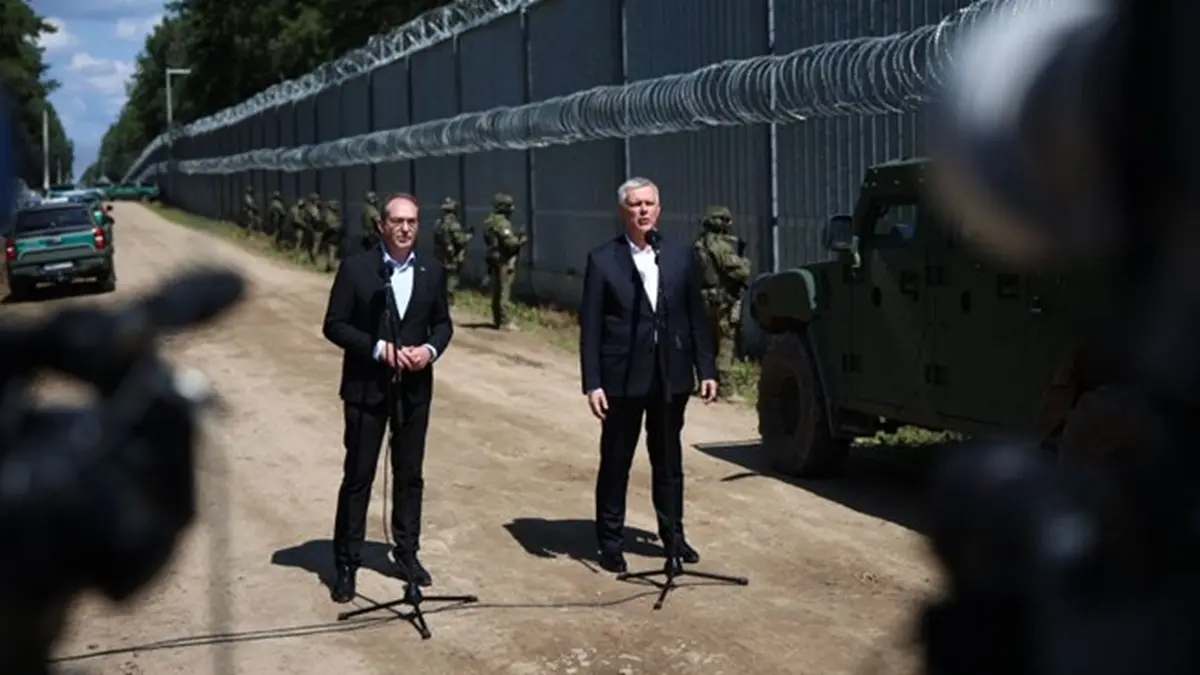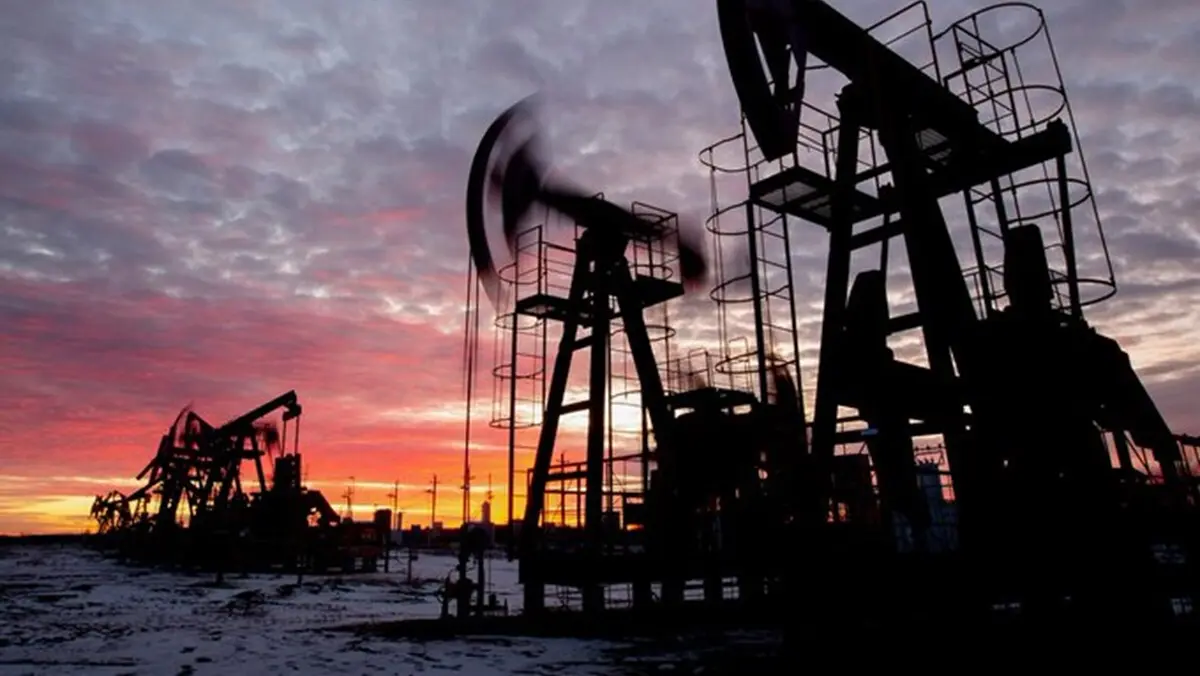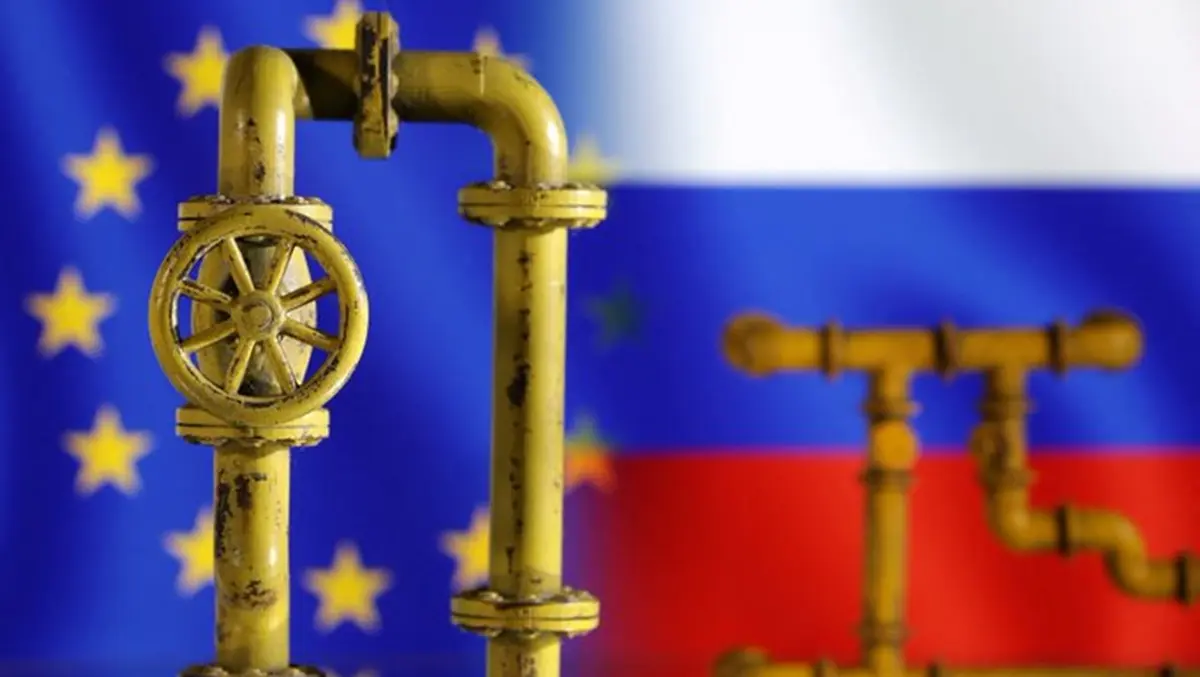European Union Approves 17th Sanction Package Against Russia

Eventin tanker. X/ @AdameMedia
May 20, 2025 Hour: 9:27 am
The new sanctions target the ‘Shadow Fleet’ and energy revenues.
On Tuesday, the Council of the European Union approved its 17th package of sanctions against Russia, targeting 189 vessels of the “Shadow Fleet” that help circumvent restrictions on Russian oil.
RELATED:
United Russia Party Says War Veterans To Hold 10% of Seats in Local Elections
“The new measures also address hybrid threats and human rights. More sanctions against Russia are being prepared. The longer the war against Ukraine lasts, the harsher our response will be,” said Kaja Kallas, the High Representative of the European Union for Foreign Affairs and Security Policy.
The Council explained that the package includes economic and individual restrictive measures that “cut Russia’s access to key military technology and curb Russian energy revenues,” with new restrictions on Russian oil tankers, their operators, and a major Russian oil producer.
The EU designated 189 vessels from third countries, bringing the total number of ships deemed responsible for oil transport to 342. The new measures aim to dismantle their operational capacity.
Additionally, the EU has imposed individual sanctions — including asset freezes and a ban on making funds available — targeting the business ecosystem that enables the shadow fleet’s operation. This includes shipping companies responsible for transporting oil and petroleum products from the United Arab Emirates, Türkiye and Hong Kong, as well as a major insurer in Russia’s maritime oil transport sector.
Since the EU introduced the price cap on Russian oil and sanctions on the shadow fleet, related Russian revenues have decreased by €38 billion, according to the Council. It estimates that in March, revenues were 13.7% lower than in the same month of 2023 and 20.3% below those of March 2022.
The EU also imposed restrictive measures on Surgutneftegaz, a major Russian oil company that provides significant revenues to the Russian government, directly fueling its military effort.
The 17th European sanctions package also adds 17 individuals and 58 entities to the list of restrictive measures related to actions that undermine or threaten Ukraine’s territorial integrity. That list currently includes more than 2,400 names.
Those designated are subject to asset freezes, and EU citizens and companies are prohibited from making funds available to them. Individuals are also subject to a travel ban to EU member states and are barred from transiting through them.
Military Industry
The EU also sanctioned over 45 companies and individuals supplying the Russian military with drones, weapons, ammunition, military equipment, critical components and logistical support. It further expanded its focus to industrial enablers, including Russian and Chinese entities that supply machine tools to the Russian military and industrial sector.
Three additional Chinese entities — including state-owned companies — were blacklisted, along with one Belarusian and one Israeli company that supply critical components to the Russian military, including for drone production.
The Council also added 31 new entities to the sanctions list for exporting dual-use goods and technologies (for both civilian and military purposes) that Russia could use in the Ukainian conflict. Some of these entities are based in third countries — including Serbia, the United Arab Emirates, Türkiye, Vietnam and Uzbekistan — and have been involved in circumventing export restrictions.
The EU also introduced new restrictions on the export of goods that contribute to Russia’s military and technological enhancement, the development of its defense and security sector, or the production of its military systems. These include chemical precursors for energetic materials and spare parts for machinery.
teleSUR/ JF
Source: EFE






